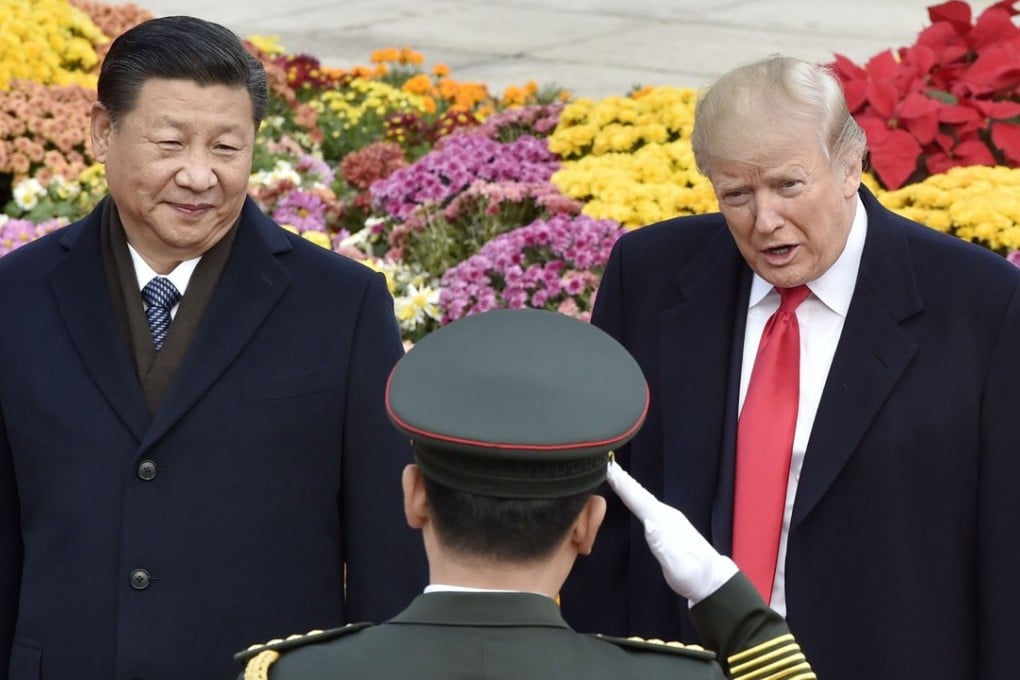Advertisement
Sinophobia should not define the US approach to China or its ‘emperor’ Xi
Andrew K. P. Leung says that despite the extensions to Xi Jinping’s power, there are still protocols and procedures limiting what he can do, and there are still ways of engaging China other than in destructive confrontation
Reading Time:3 minutes
Why you can trust SCMP

US President Donald Trump says he likes chaos. And that “trade wars are good and easy to win”. These remarks define his world view: that the United States has been short-changed by the existing world order and China, a master of “unfair” trade practises and “intellectual property theft”, is the main culprit. Trump wants to upend this world order to make America great again.
Advertisement
The trade deficits feed the anger over decades of trying but failing to shape China according to the West’s values. China is seen as posing an increasing challenge to American supremacy and prosperity.
Zero-sum realism informs books on the subject , and results in an American national security strategy revised from China-containment to head-on rivalry. The Taiwan Travel Act, encouraging visits even by high-ranking US officials, is now law, breaking a decades-long taboo.
These conflicts are characteristic of a looming Thucydides trap, in which an existing superpower is drawn into conflict with a perceived challenger. They also reflect a clash of two different value systems vying for global influence.
Xi Jinping isn’t just reforming China, he’s creating an alternative to the West
How the looming US-China trade war will work out is anybody’s guess. It is likely to be messy, characterised by fireworks, collateral damage, open negotiations and work behind the scenes. Meanwhile, it helps to read China’s politics and intent accurately.

Advertisement